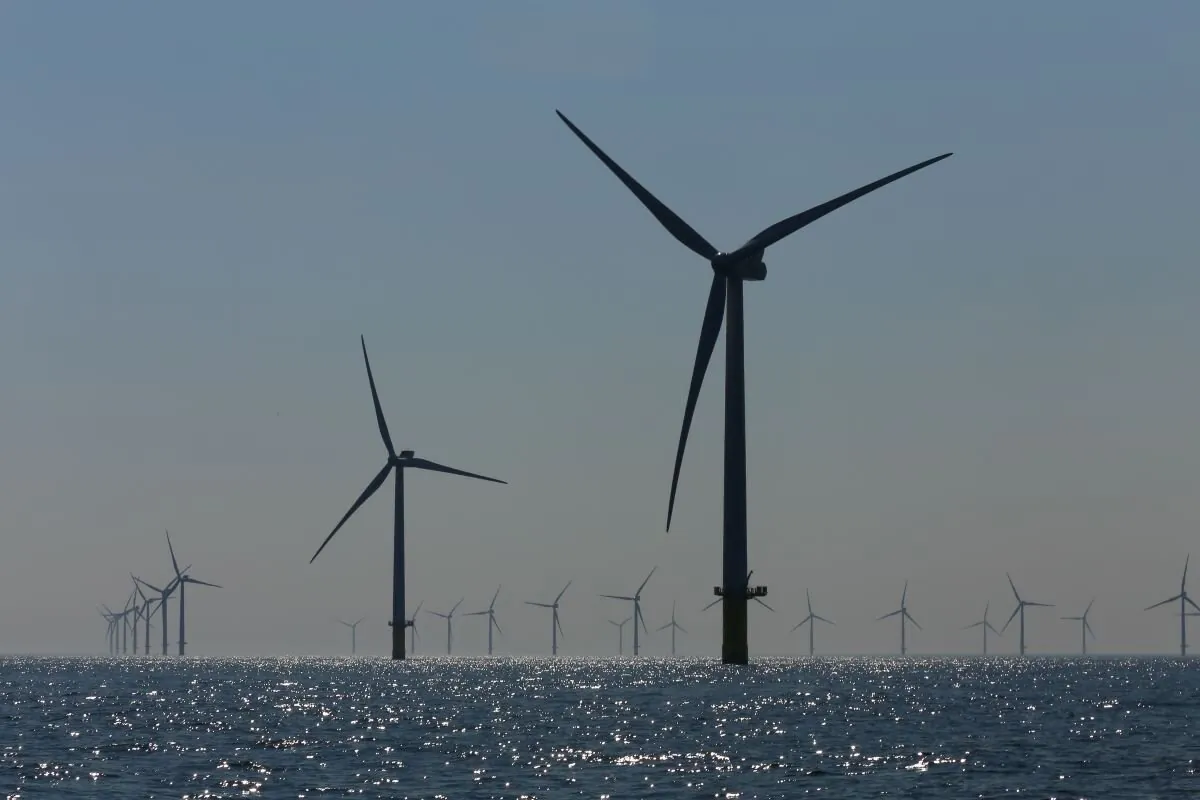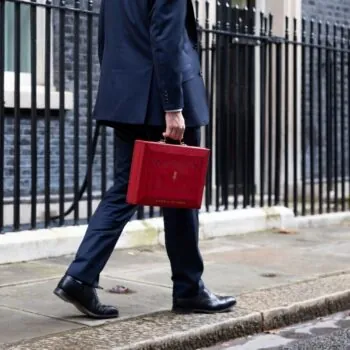Recently, the UK’s Office for Budget Responsibility (OBR) launched its updated report on “Fiscal Risks and Sustainability”. The analysis is remarkable and unique in its depth regarding the interactions between public finances and the transition. It deserves attention in and beyond the UK to better manage a smooth transition to a climate-safe future.
Why do we need a new generation of fiscal analysis of the transition?
The transition to net zero greenhouse gas emissions means nothing short of transforming a country’s economy. Fiscal policy governs public policy choices – including whether to act to get to net-zero emissions and how to distribute impacts. Getting the fiscal analysis behind it right is thus key for decision-making.
Fiscal policy interacts with the transition in two ways:
- Proactive: by hindering or speeding up progress through the incentives it sets and allocating public investment.
- Adaptative: by anticipating changes to the tax base, and more broadly the new drivers of growth and prosperity emerging from both the transition and climate impacts to continue to effectively manage the public finances.
However, traditional fiscal analysis has often captured only a small proportion of the interactions between the energy transition and fiscal policy, such as eroding fuel duty income or the need for low-carbon investment. Even this is often limited to linear, siloed analysis.
How the OBR analysis sets a new gold standard for fiscal analysis
First, it analyses how fossil fuel price volatility impacts the country’s fiscal position. Gas price volatility is likely to persist, even more so in a contested pathway to net zero. The OBR concludes: the debt impact of future volatility in gas prices is at 13% of the UK gross domestic product (GDP) to 2050. This dwarfs the debt impact of 6% of GDP for investing in net zero.
Second, it investigates the potential of new, growing energy solutions to cushion price volatility. Heat pumps, renewables and energy efficiency can insulate consumers from future price shocks, therefore reducing the need for support packages and the exposure to price volatility.
Third, its fiscal risk register for debt sustainability captures both the risks of “unmitigated climate change” and the risks of a “late transition”. Previous OBR analysis already modelled the net debt impacts of unmitigated climate change. Adding the risks of a “late transition” reflects that the transition has become a global economic imperative with huge growth potential. This will support the country’s overall fiscal position but requires forward planning to identify and harness future tax revenues. The OBR scores the risks of a late transition in the UK as “high” with the public sector net debt impact estimated at 10-100% of GDP. Putting this on the map helps to manage it. Yet, the width of this range shows that much more in-depth analysis is needed to pin the opportunities from transitioning early.
There are still some things that need refining in this analysis. For example, the analysis of the impact of fuel duty receipts gives reason to worry, but implicitly makes two points to explore further.
- Forecast of future fuel duty tax receipts have rarely materialised.
- Forward economic and fiscal policy planning is needed to identify and manage the tax revenues, and potentially expand the tax base.
OBR also has an optimistic view of carbon tax revenues. In a world where the UK gets to net zero, these taxes will level off and need to be replaced with a new tax base. E3G has previously set out different levers of fiscal policy in the transition.
What needs to happen next
This analysis prepares the ground for the following actions:
- The UK government should be following up with a comprehensive fiscal strategy for net zero, rather than just a government response. This should pick up the advice that reducing fossil fuel consumption, in particular gas, is a direct lever to manage future fiscal risk which pays off in debt terms.
- The OBR can further refine its analysis, narrowing down ranges and linking climate impact scenarios more directly into the fiscal analysis. This will be essential to inform the UK government’s overall fiscal choices.
- Bank of England stress test and fiscal stress tests need to align their assumptions and analysis.
- Globally, fiscal watchdogs should, together with the International Monetary Fund, establish a new standard for fiscal analysis to aid smooth transition planning in this critical decade for climate and public finances.


